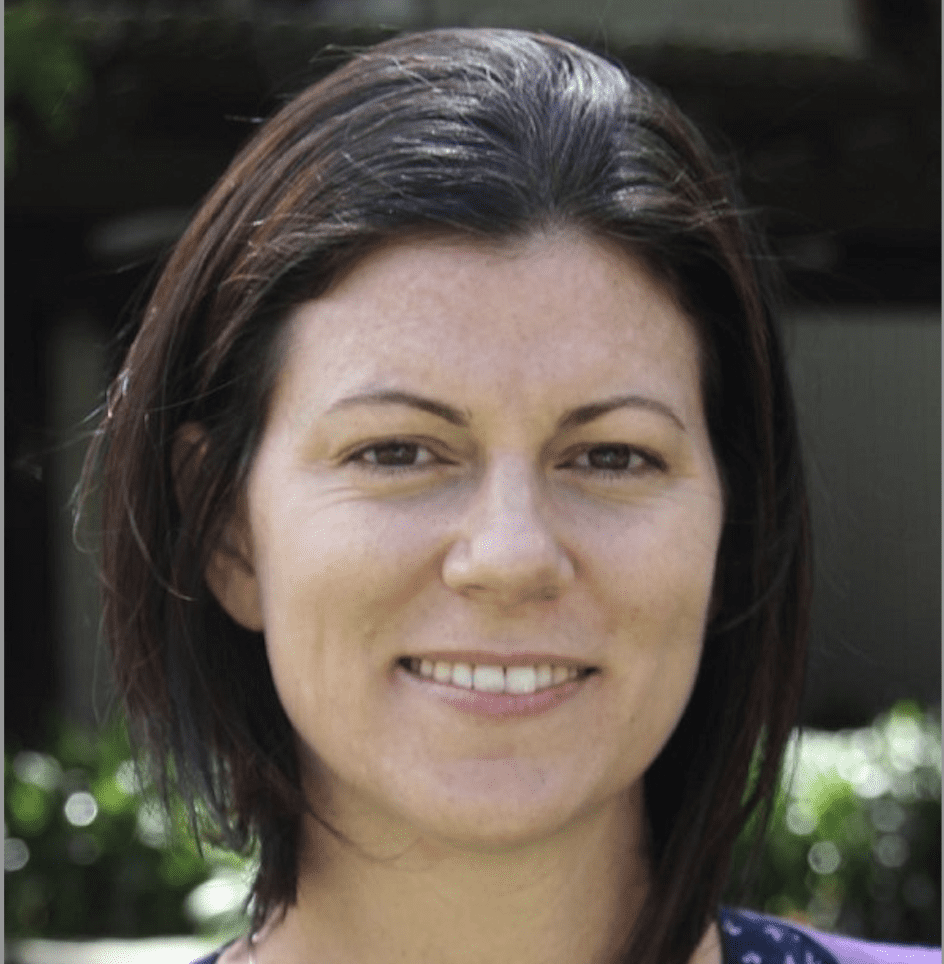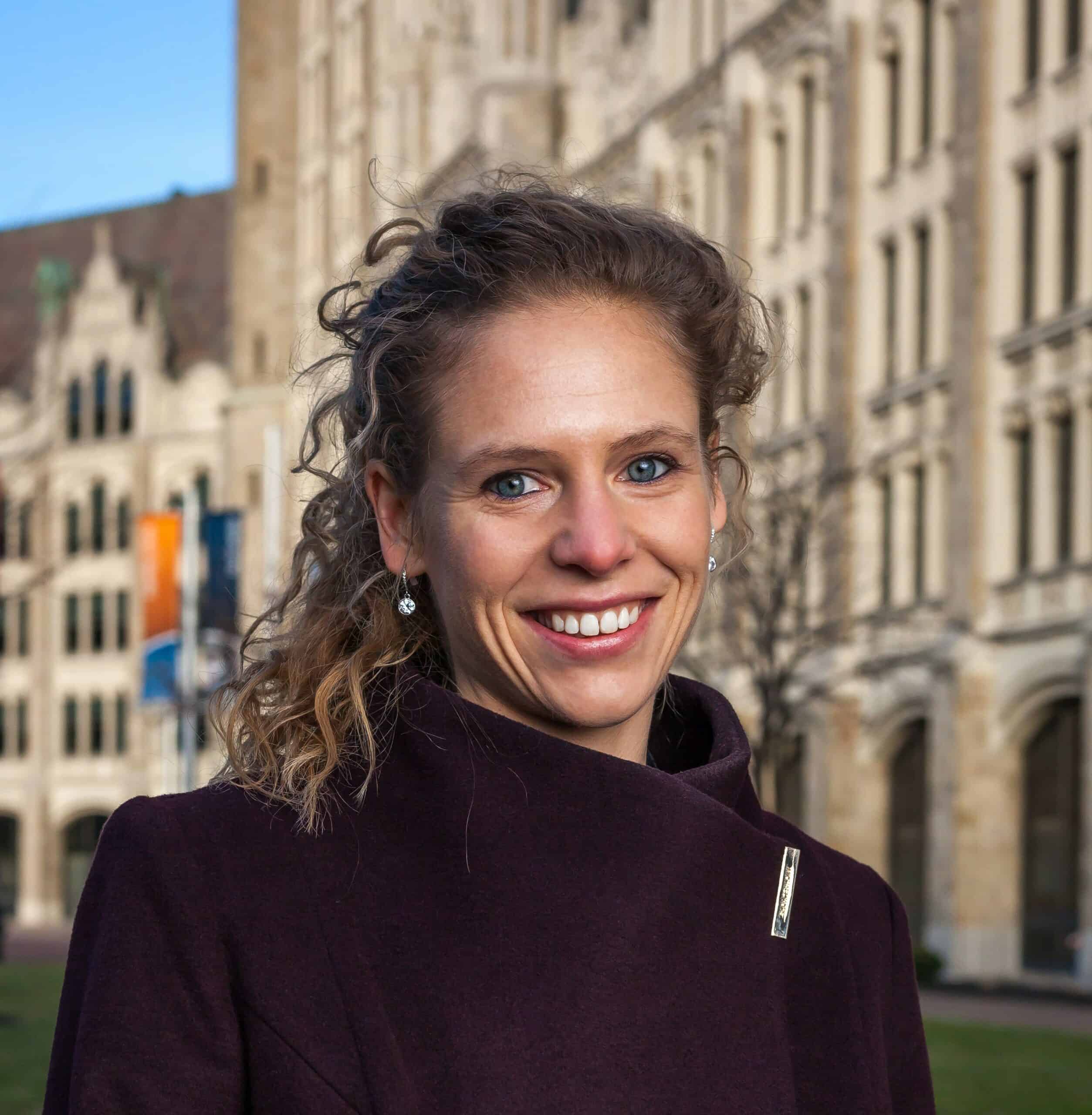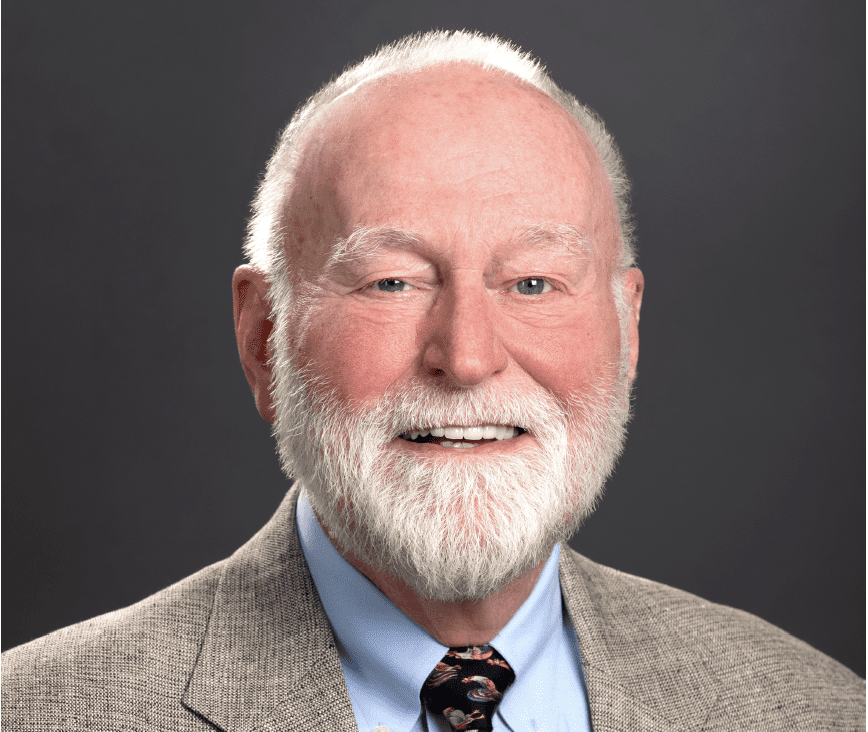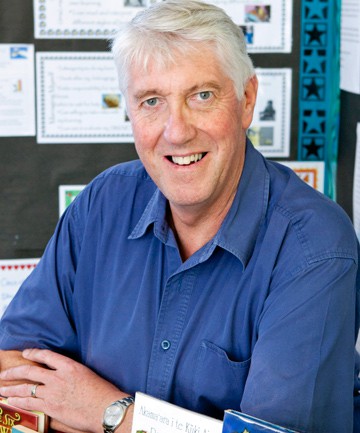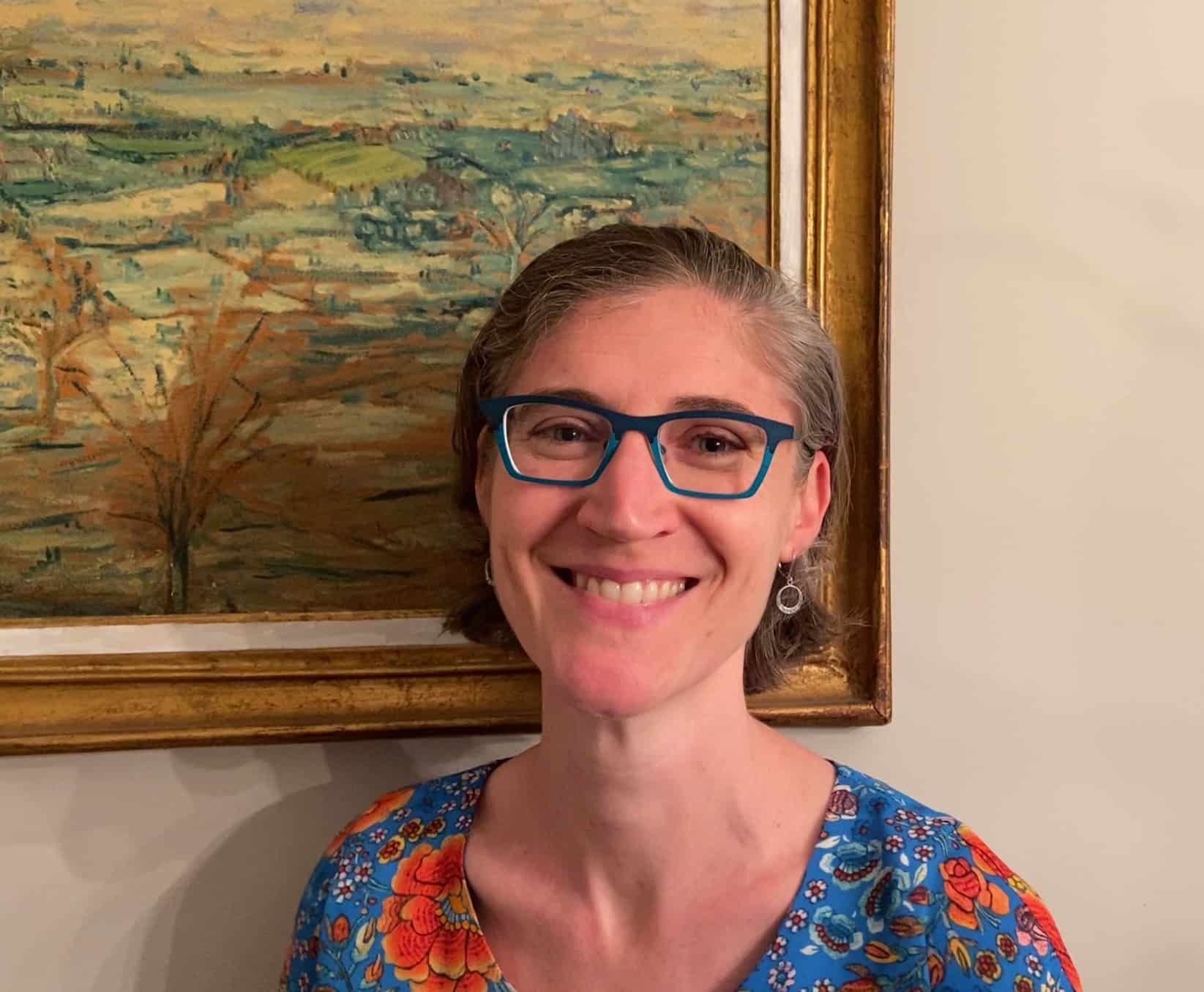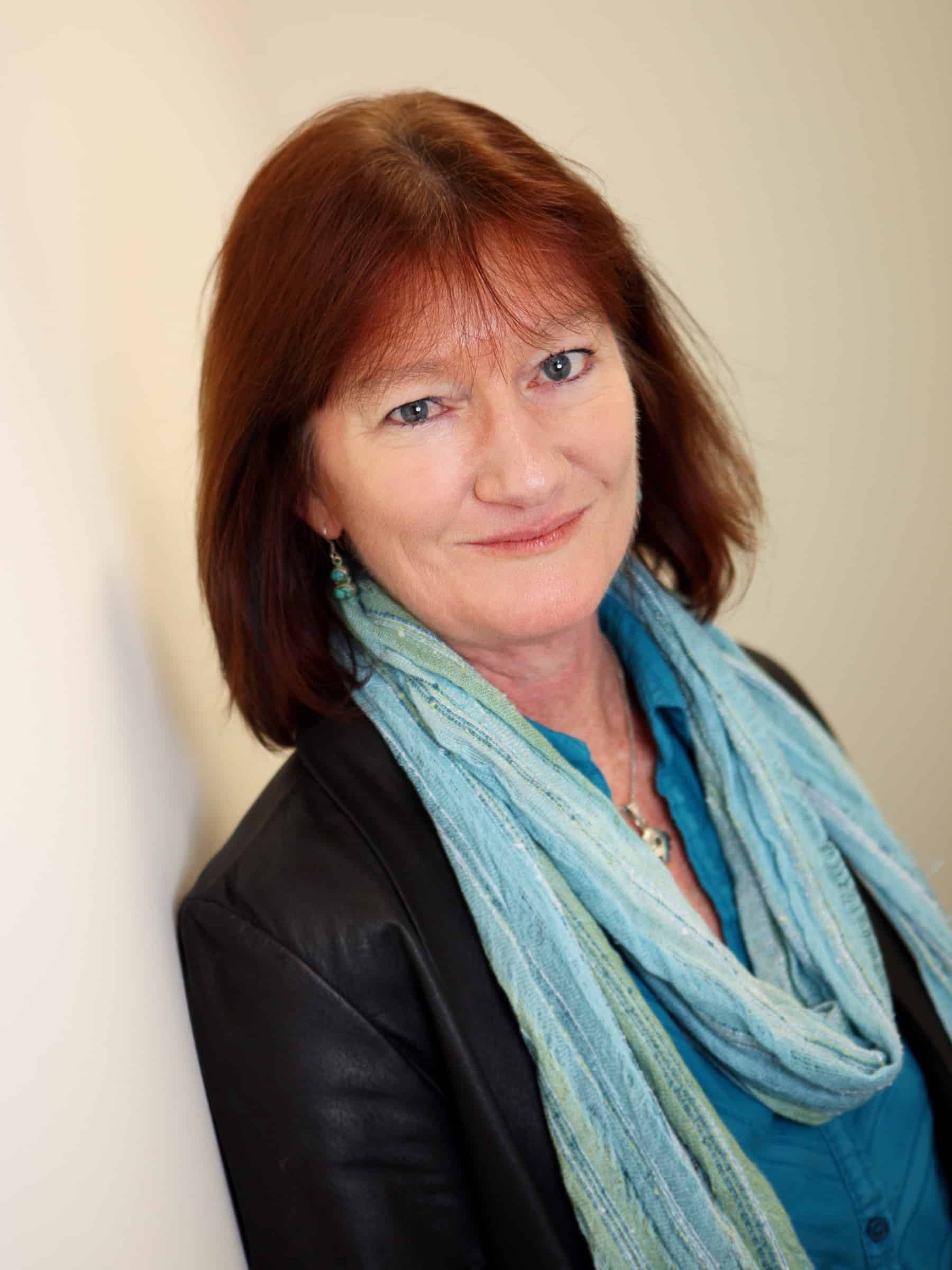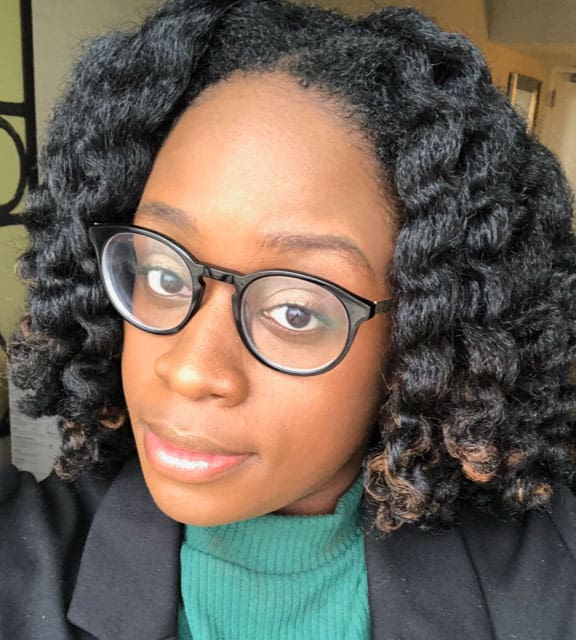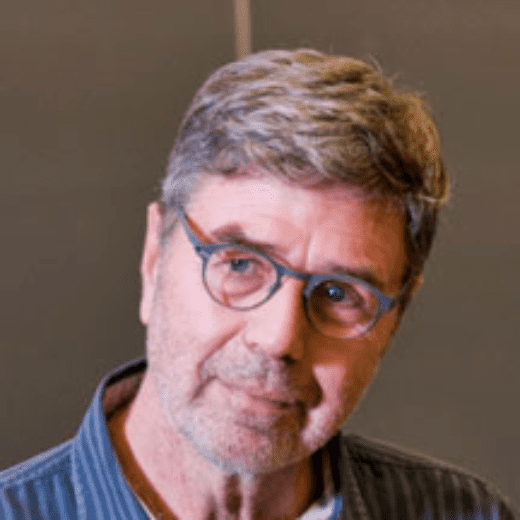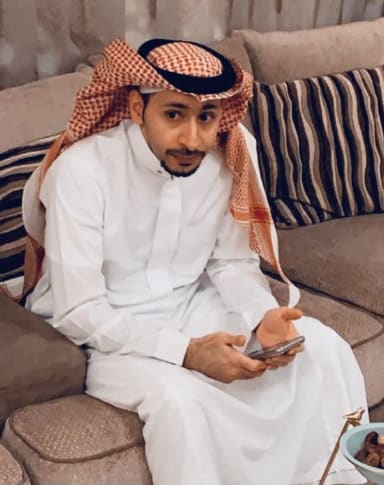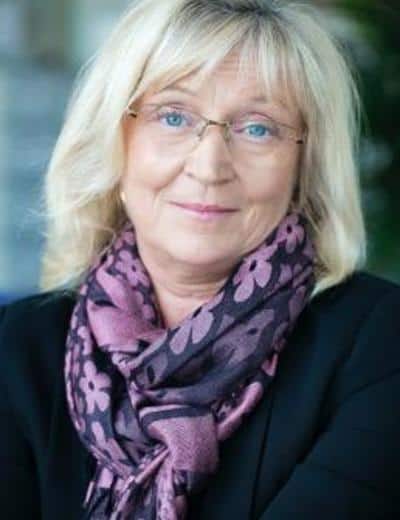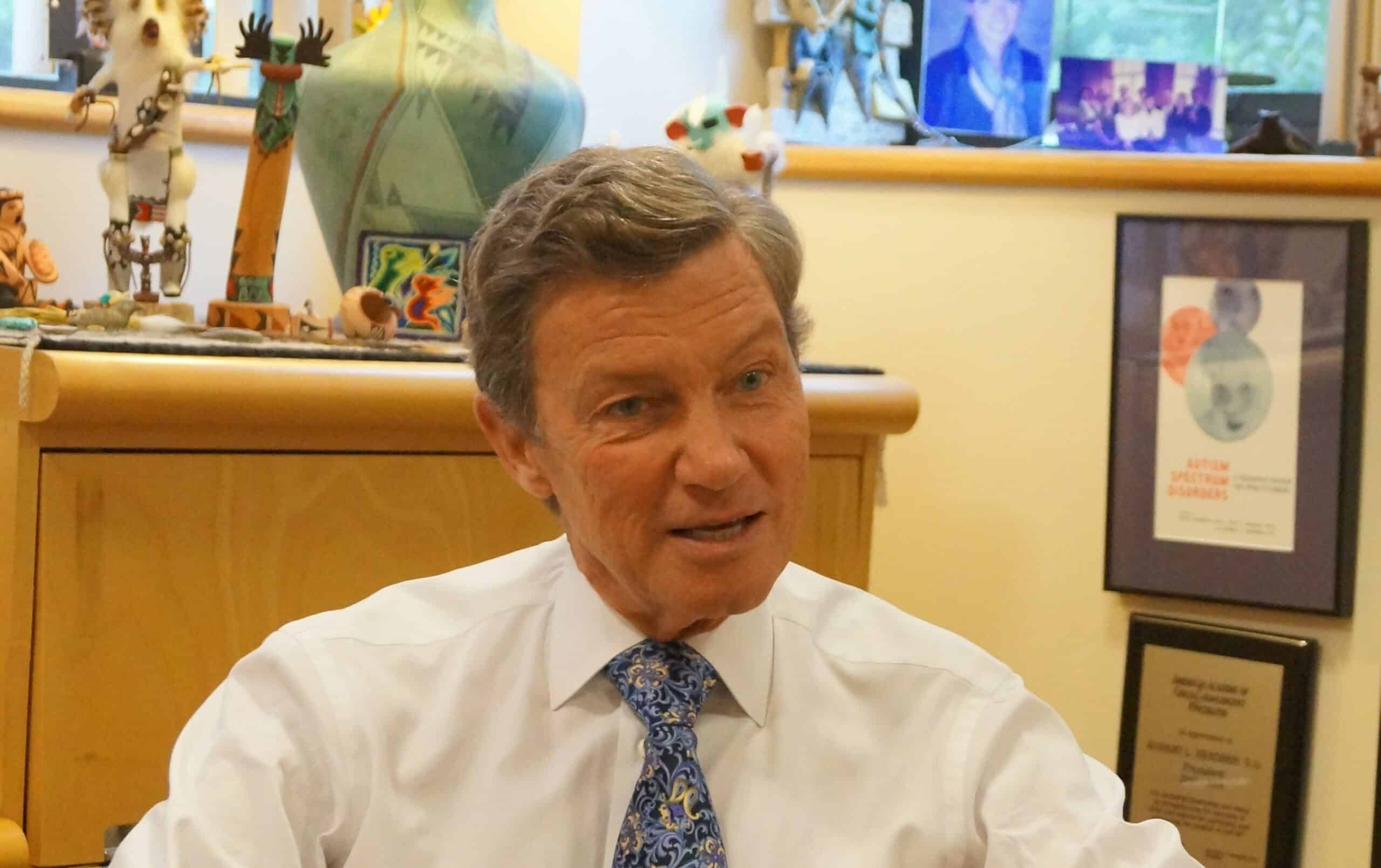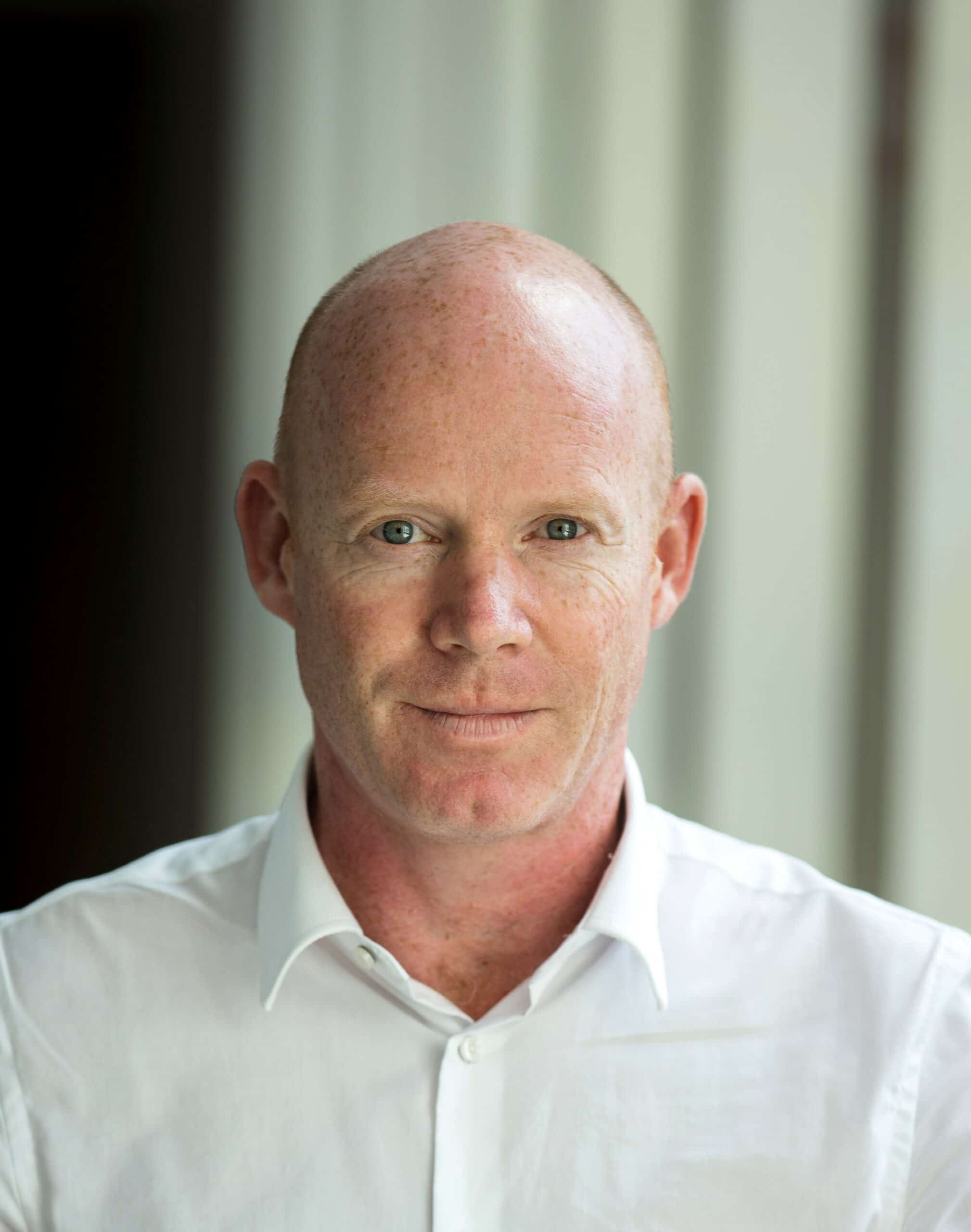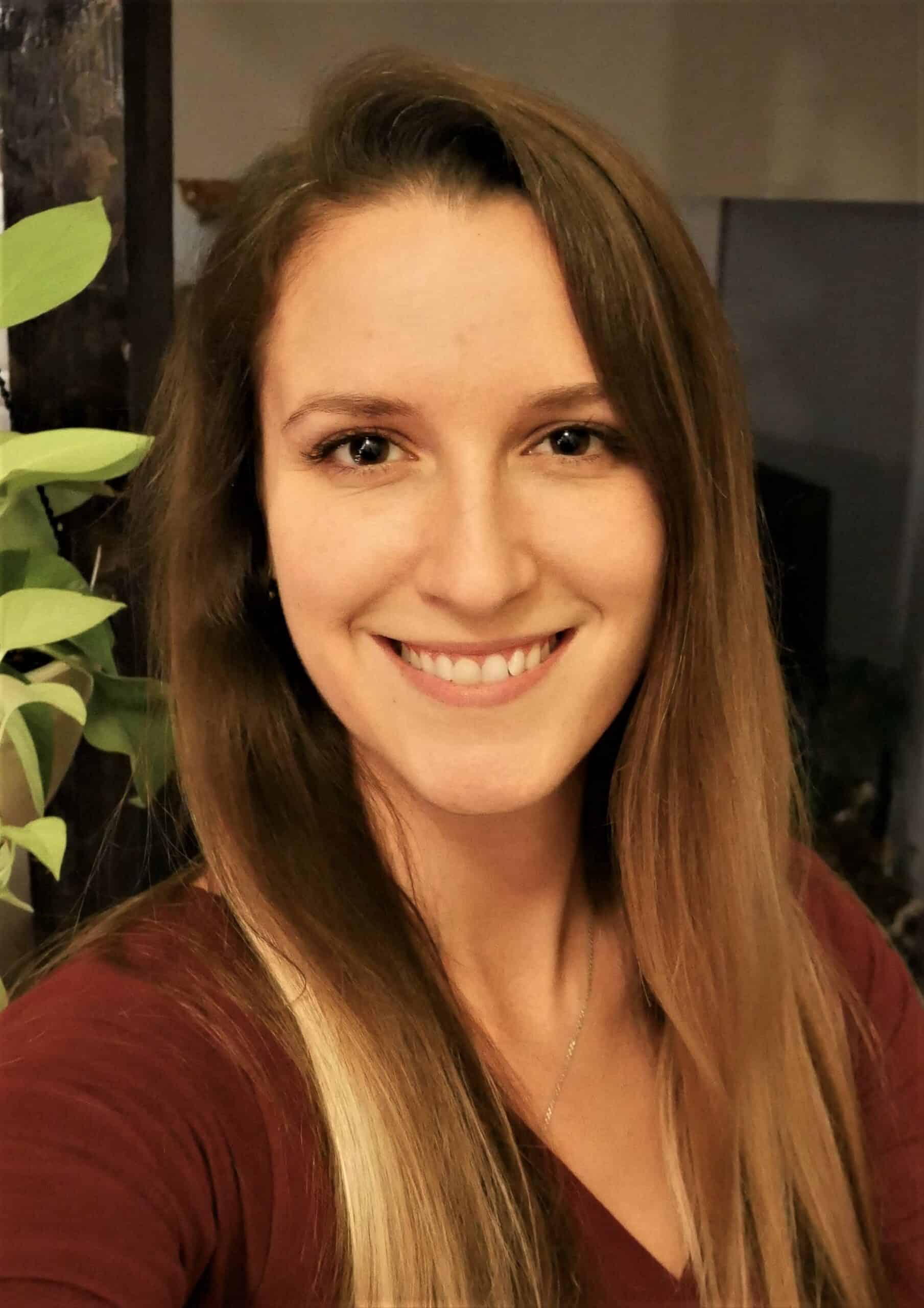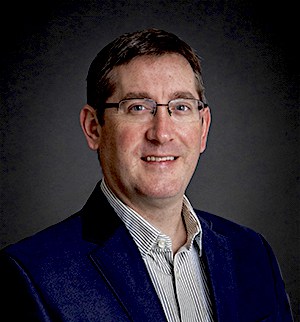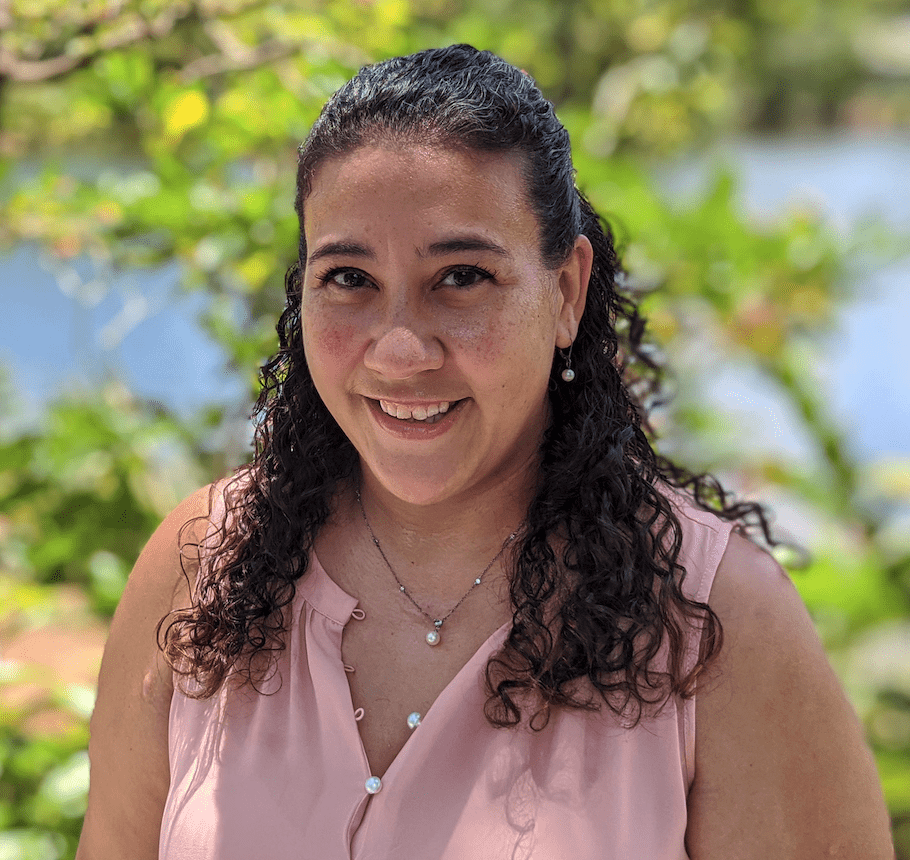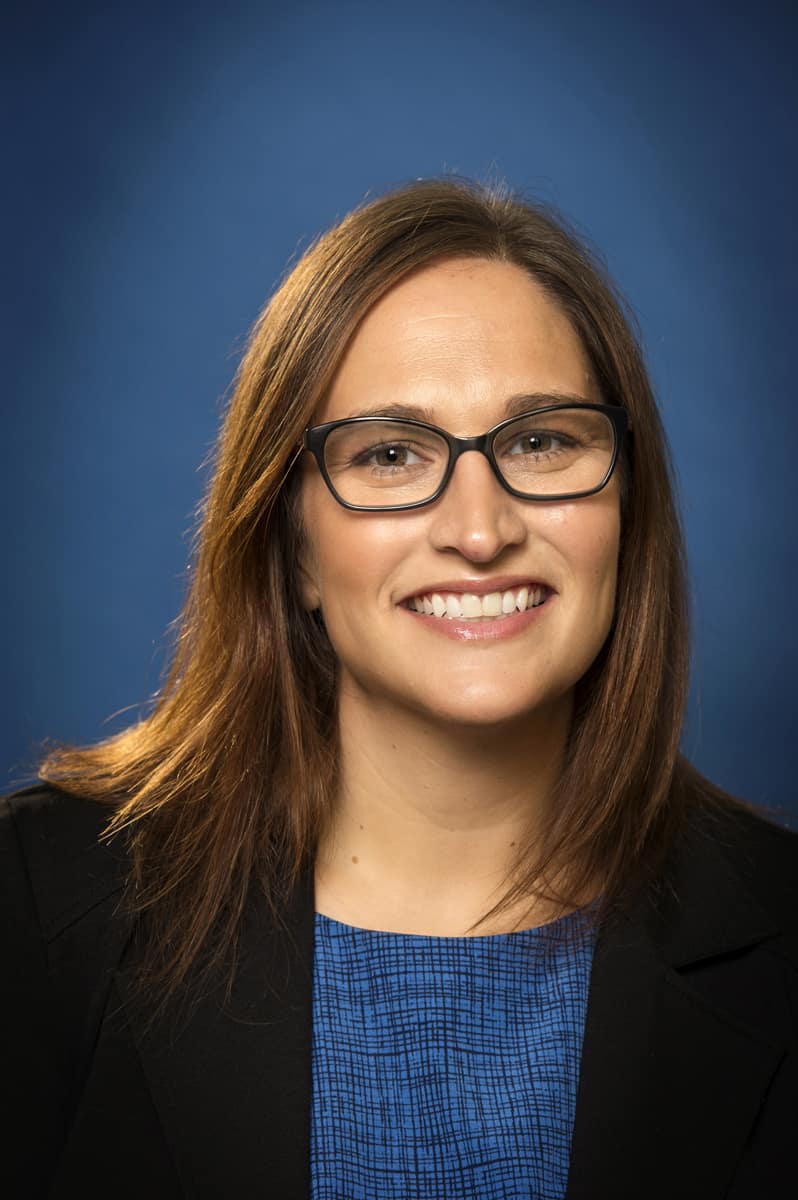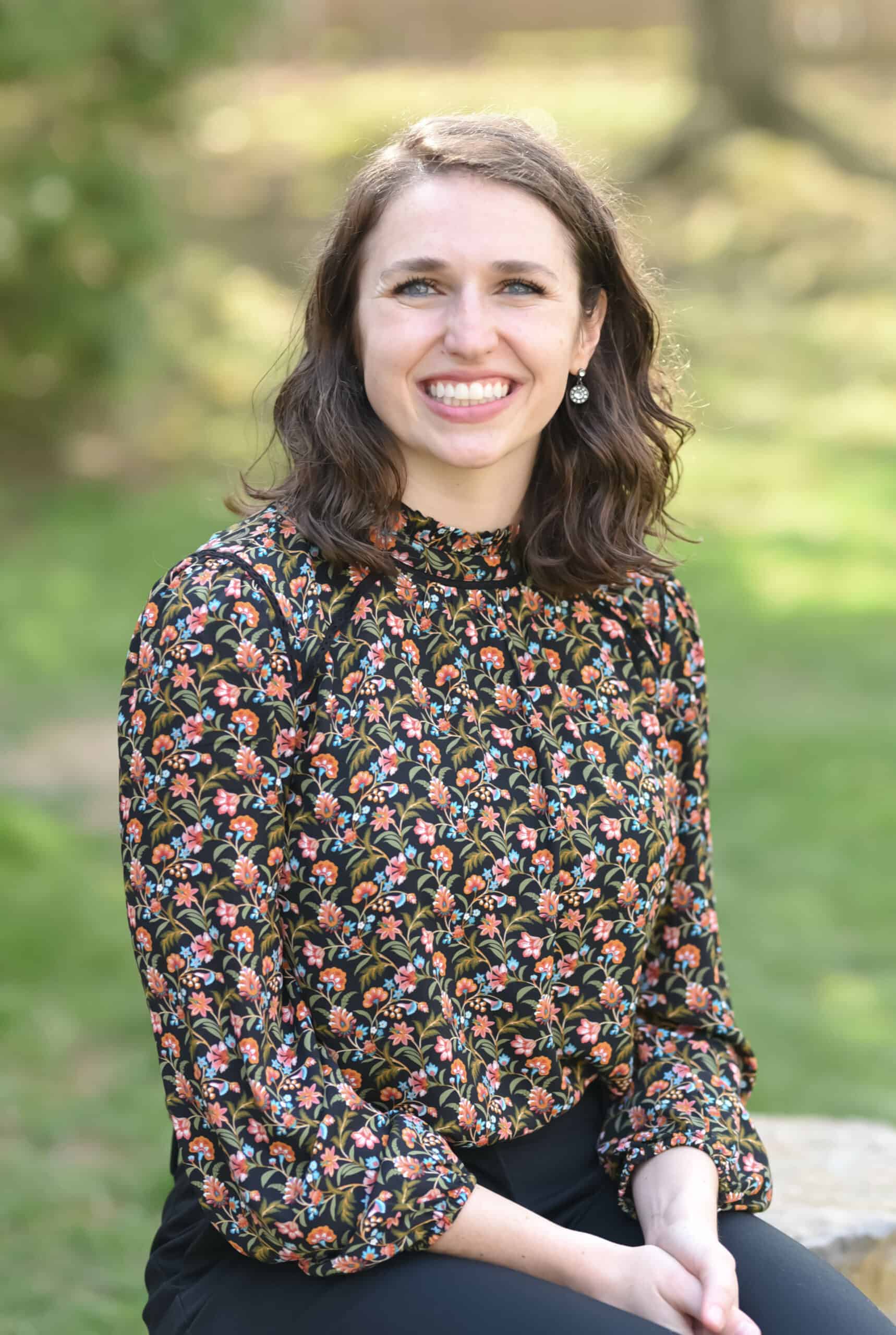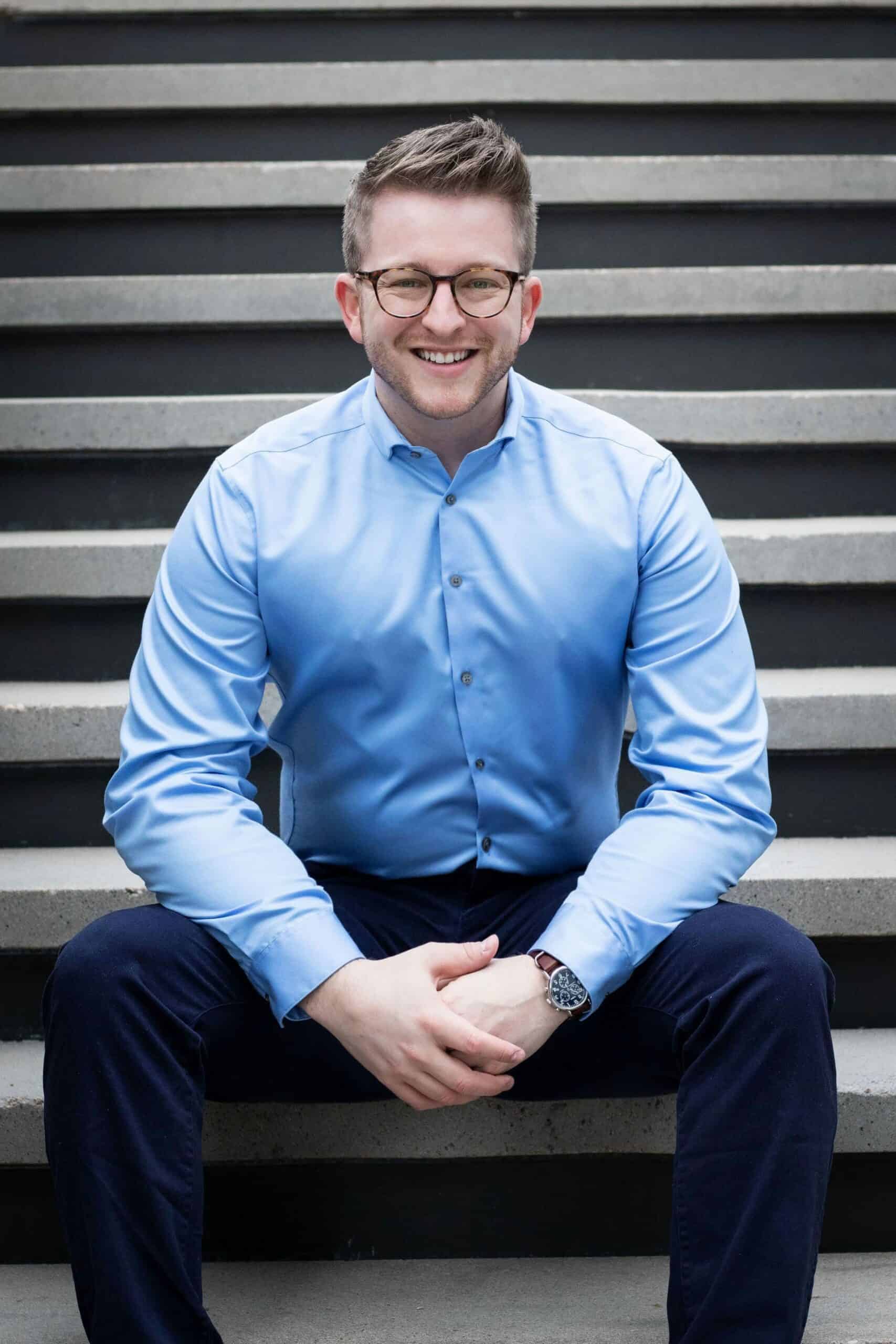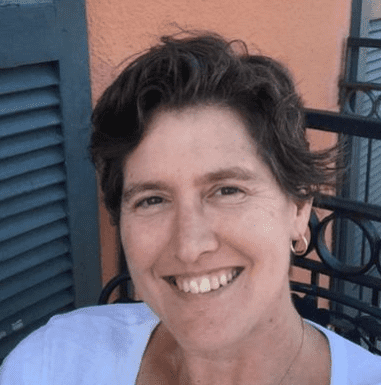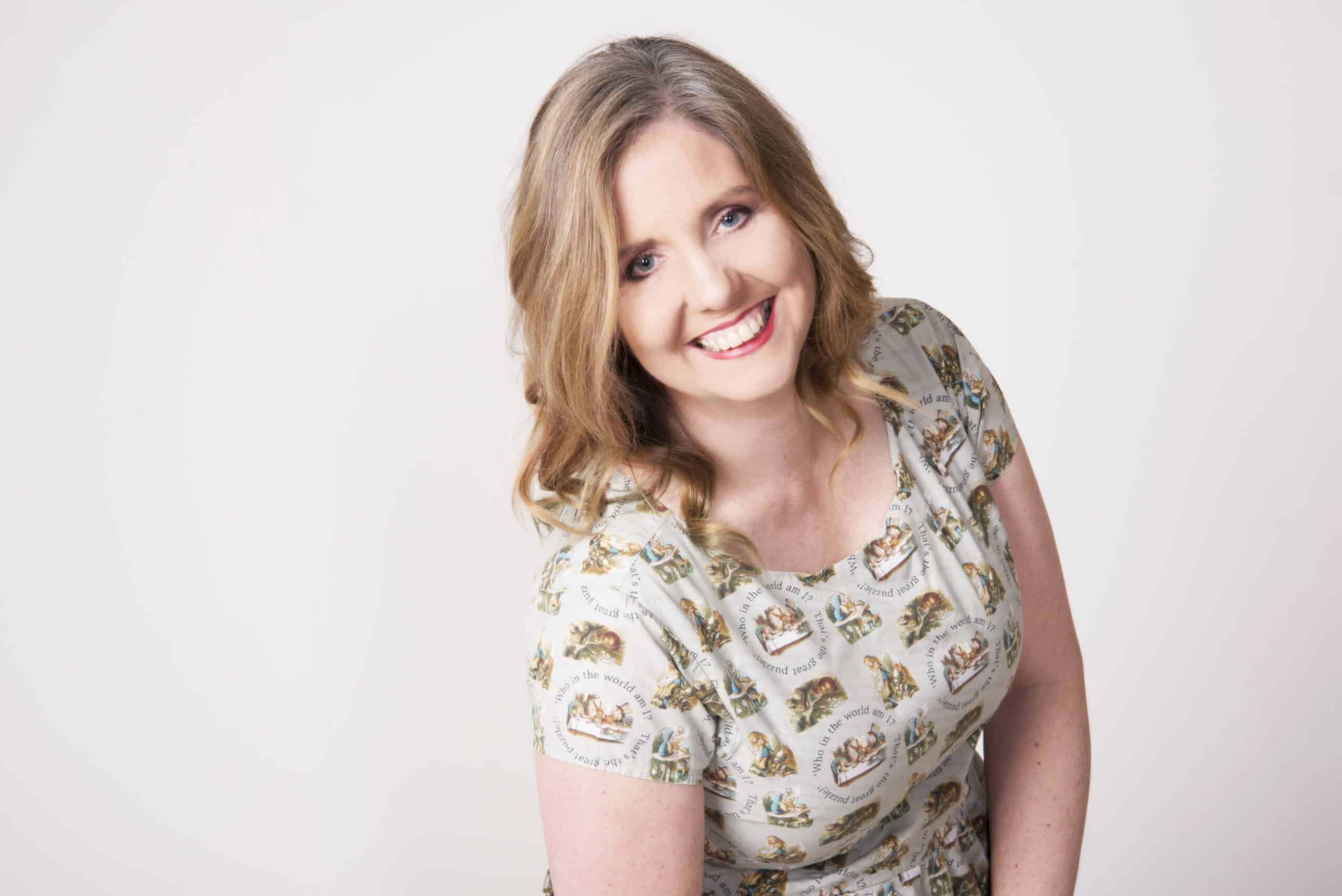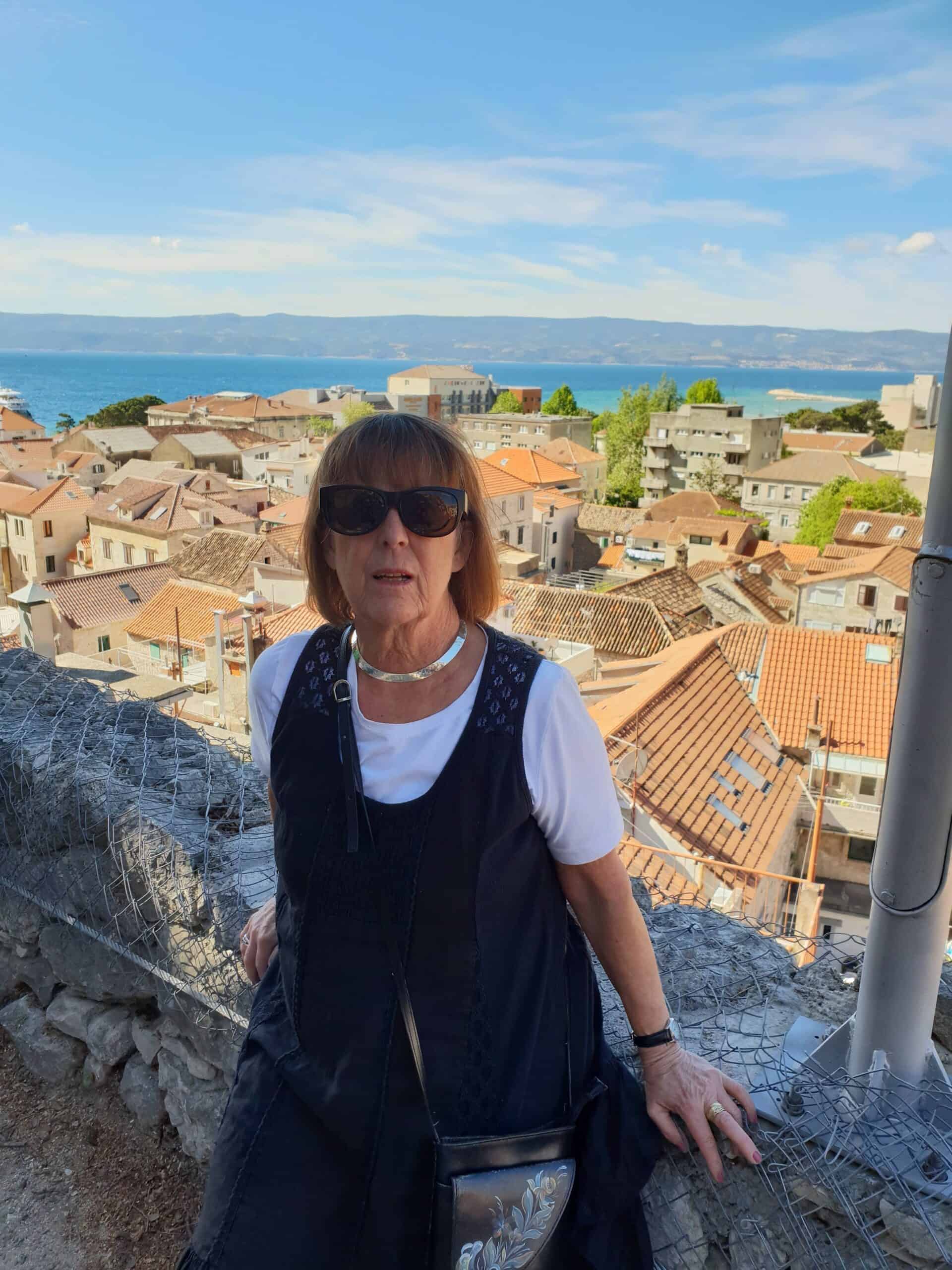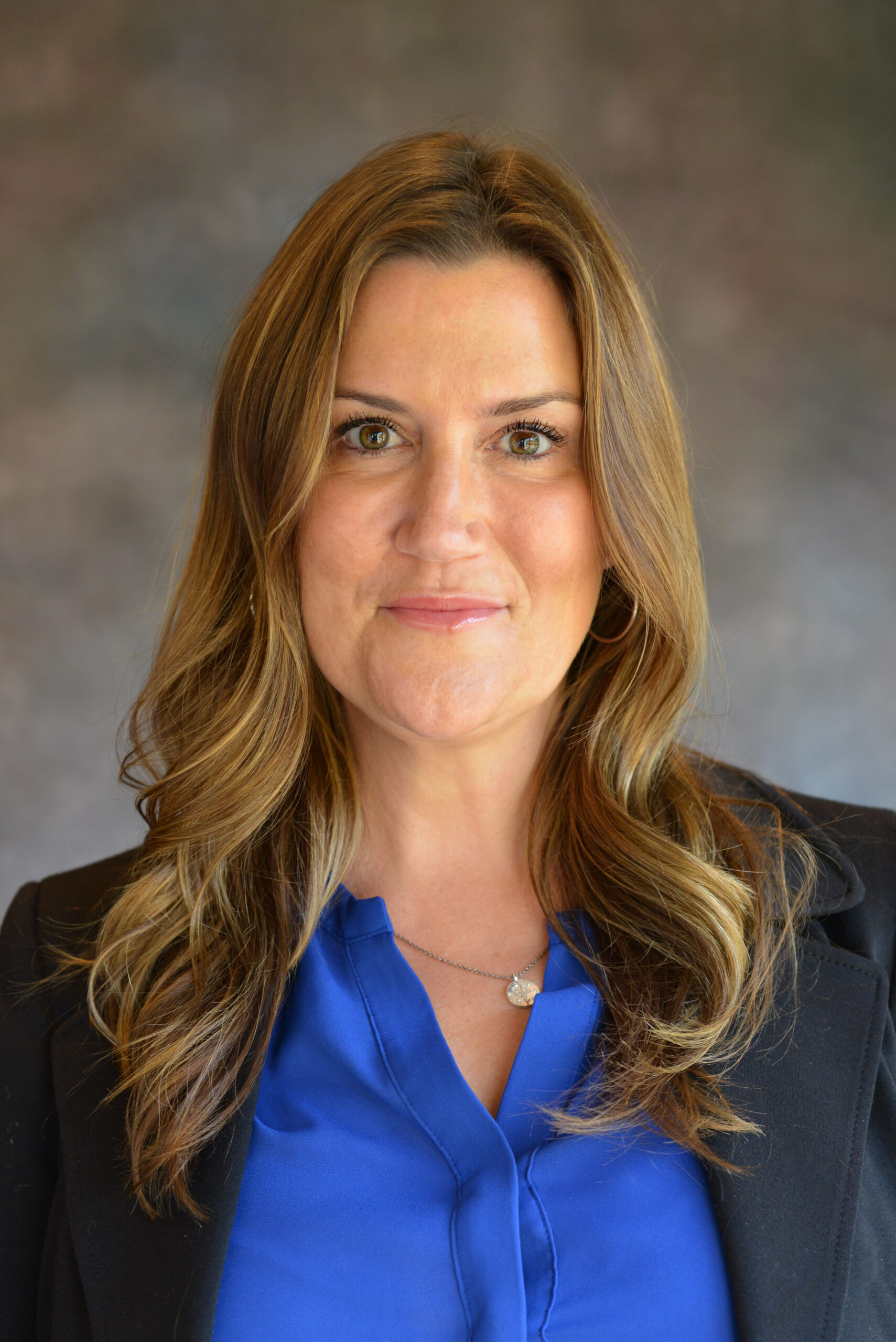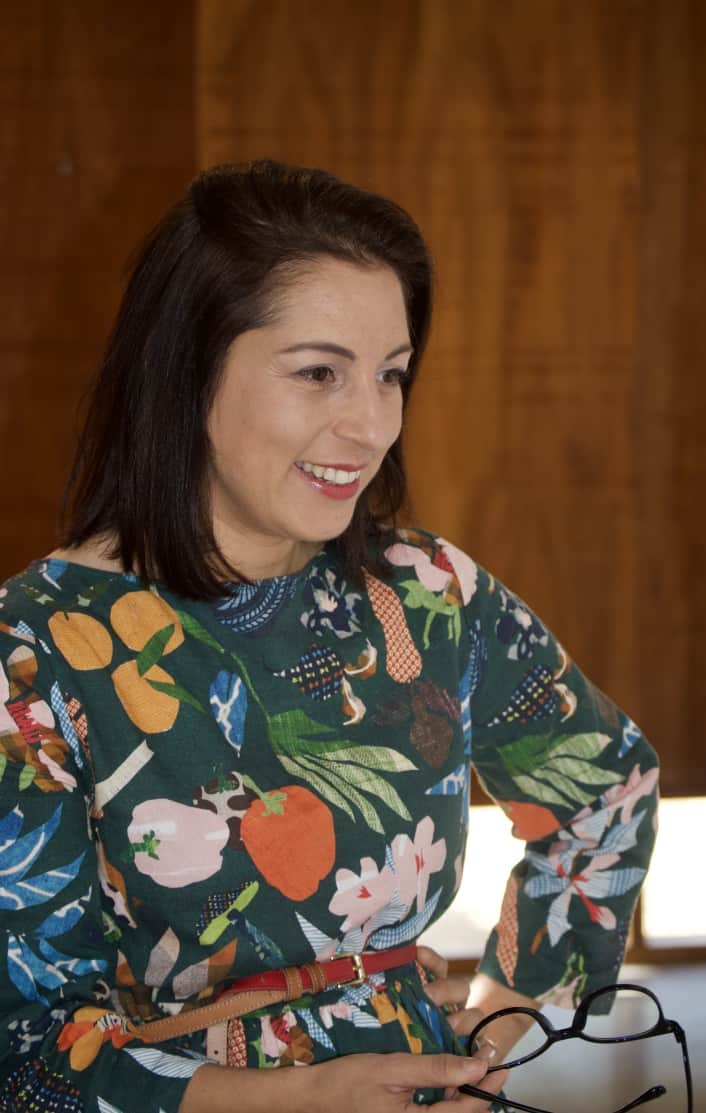Our Supporting Academic Researchers
These academic researchers support our mission to help bridge the gap between educational researchers and practitioners, especially in relation to the field of special education. Together with the MARIO Framework, they are committed to empowering and inspiring more teacher-researchers.
The MARIO Framework: Why It Works
The MARIO Framework is founded on what science has revealed about learning – including disciplines concerning the whole person and the ways we gain mastery.
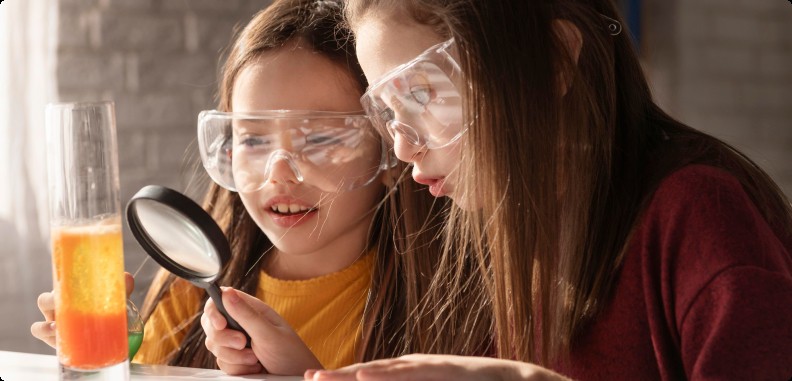

Neuroscience
In neuroscience, exciting new research shows how one-to-one conversations like those in the MARIO Framework transform the neurophysiology of the conversationalists, strengthening the junctions between different regions of their brains.

Medical Research
Insights from medicine inform the MARIO emphasis on the expert/learner relationship, grounded in how “exceptional potential” arises from careful listening of the medical practitioner to the patient.

Design Thinking
Knowledge from Design Thinking informs the iterative, student-centered approach to goal setting and outcomes improvement.

Ecological Systems Theory
Ecological systems theory sets the context for learner progress – filtered and focused via the cultivation of self-awareness.
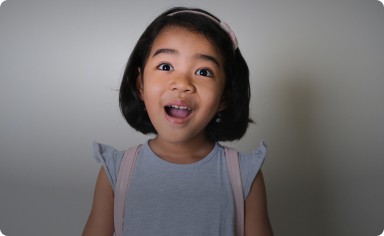

Psychology
Psychology, particularly research in sociolinguistics, reveals how the one-to-one learning of MARIO facilitates the best outcomes via a flexible combination of educational psychology paradigms.

